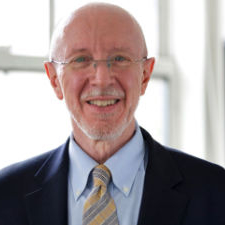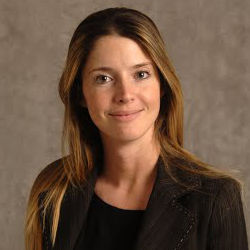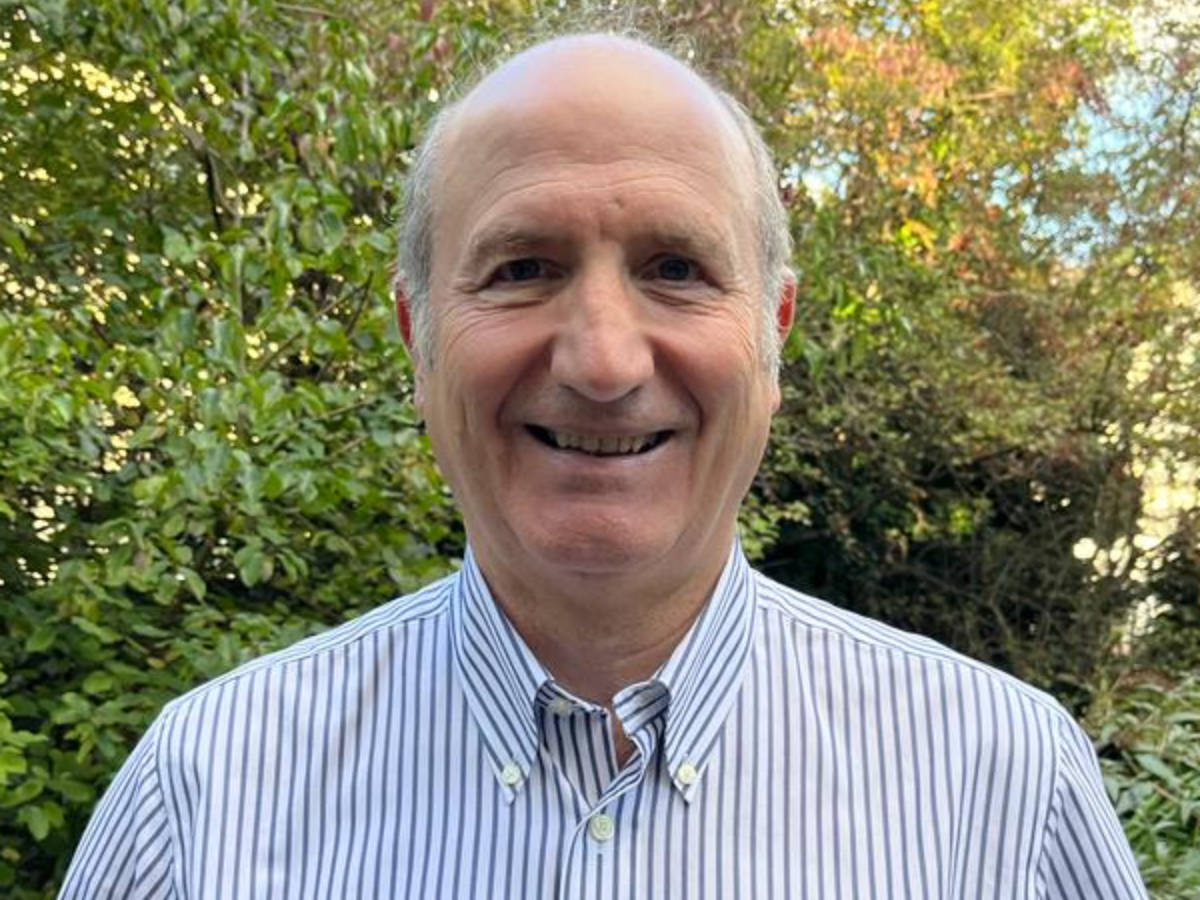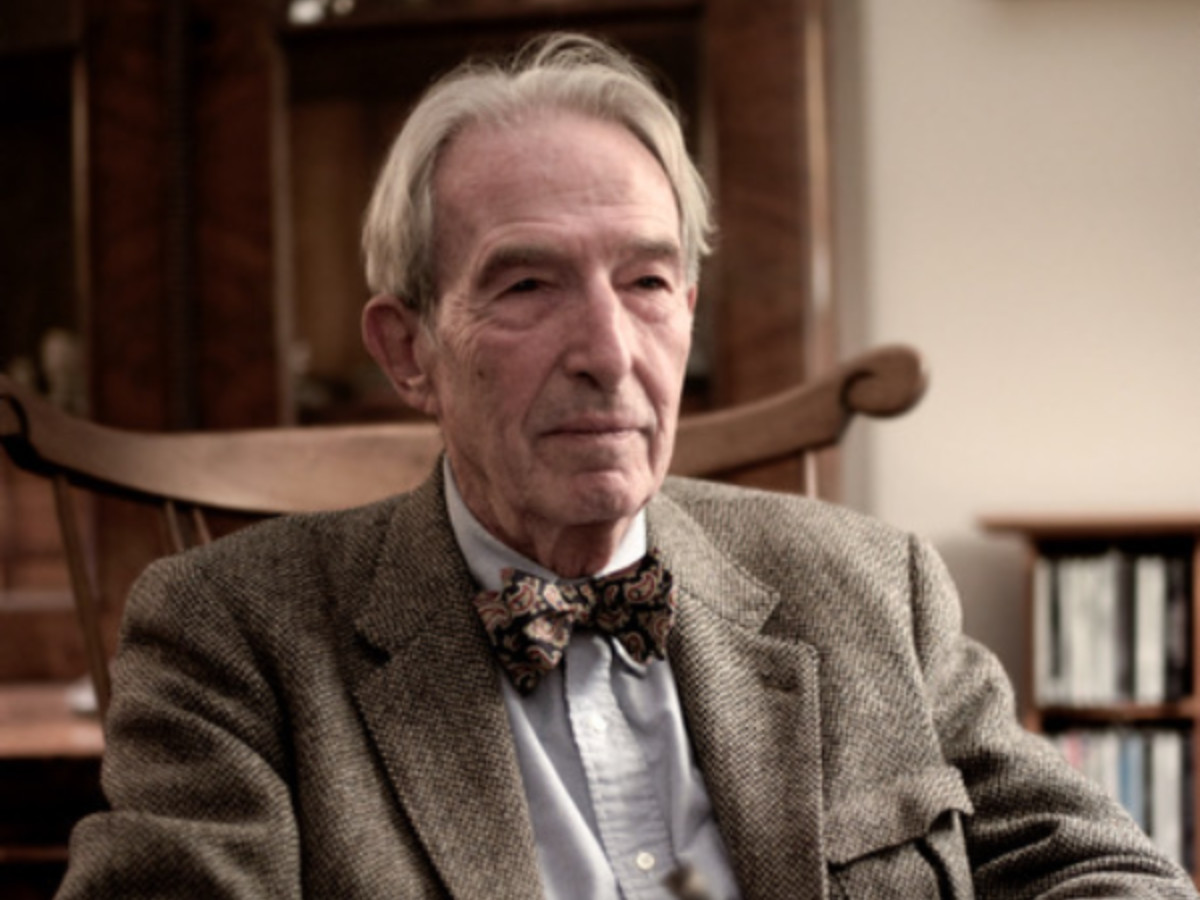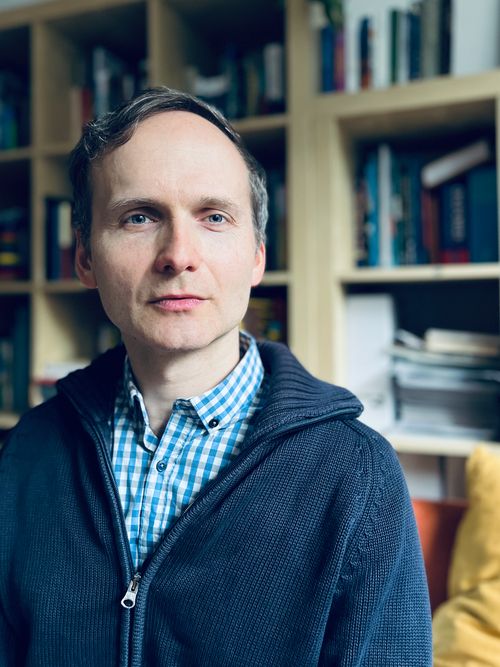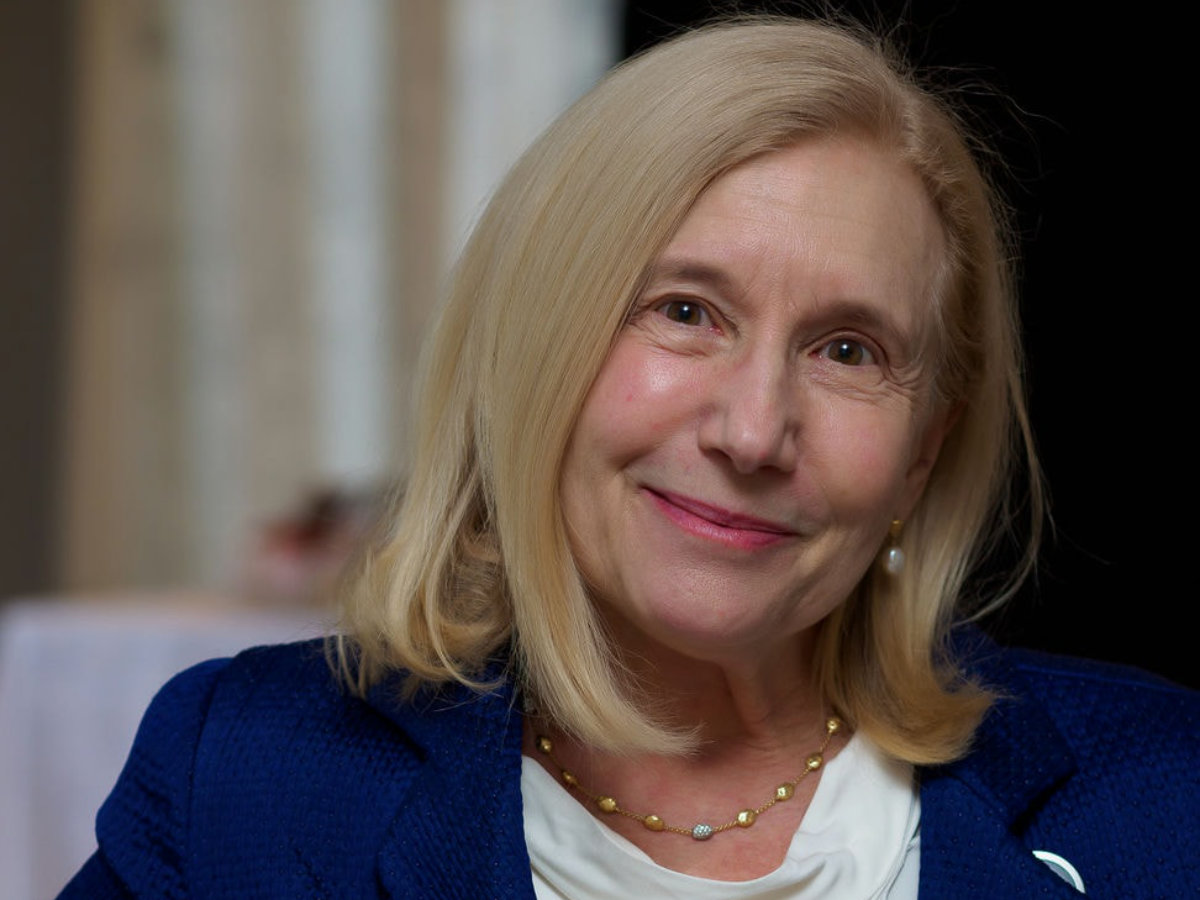
When we decided to dedicate this edition of the Members Newsletter to attachment, it was clear to us that we wanted an exclusive interview with Dr. Diana Diamond. Although several other TFP authors have published remarkable papers on attachment and TFP, Dr. Diamond was more accessible to us—mainly because Veronica had already received supervision from her. Knowing how busy she is (as we all are), we sent the invitation and hoped for the best. To our delight, she replied very quickly, and we managed to set up a Zoom meeting for the interview.
On the scheduled date, Dr. Diamond joined us on Zoom and told us that we were meeting at the end of a long day—she had already been interviewed by Dr. David Puder for is Psychiatry & Psychotherapy podcast and had also attended a research meeting where she received very promising new results from a study on attachment and TFP. We almost felt guilty asking her to satisfy our enthusiastic curiosity about TFP research on attachment after such a demanding day.
She eased our worries almost instantly with her warm and engaging attitude. Even before we asked our first question, we already had a sense of what a secure attachment feels like. Later, as we reflected on the experience, we both agreed that Dr. Diamond truly embodied her passion: offering us attention, concern, and knowledge deeply relevant to our questions.

Mathieu Norton-Poulin, M.Ps.
Mathieu Norton-Poulin is a psychologist in private practice in Gatineau, Québec. He graduated from Laval University in 1995 and started his training in transference focused psychotherapy in 2005. Member of the TFP-Québec group he as been practicing as a certified TFP therapist for the last 11 years. Since 2009 he organized several training events and has given lectures on TFP for medical doctors and college students. He maintains a blog where he write, in plain words, articles to explain TFP to the general public.

Ps. Veronica Steiner
Veronica Steiner Segal is a Chilean clinical psychologist who graduated in 1998. Since her beginnings she has been working with patients with Severe Personality Disorders in different health institutions in her country, and since 2018 she is a certified TFP therapist. In 2019 she obtained her accreditation as a teacher and supervisor. Since the same year she is coordinator of Grupo TFP Chile. She is the Executive Officer for the Board and she collaborates with the T&E Committee. She also teaches at the University of Valparaiso, in the Department of Psychiatry, where she also teaches in the Diploma of Severe Personality Disorders.
She collaborates in different courses looking for the diffusion of TFP. Together with Luis Valenciano and Pepa Gonzalez she directs an important training in TFP for Spanish speaking students, Instituto TFP Hispanoamerica.

